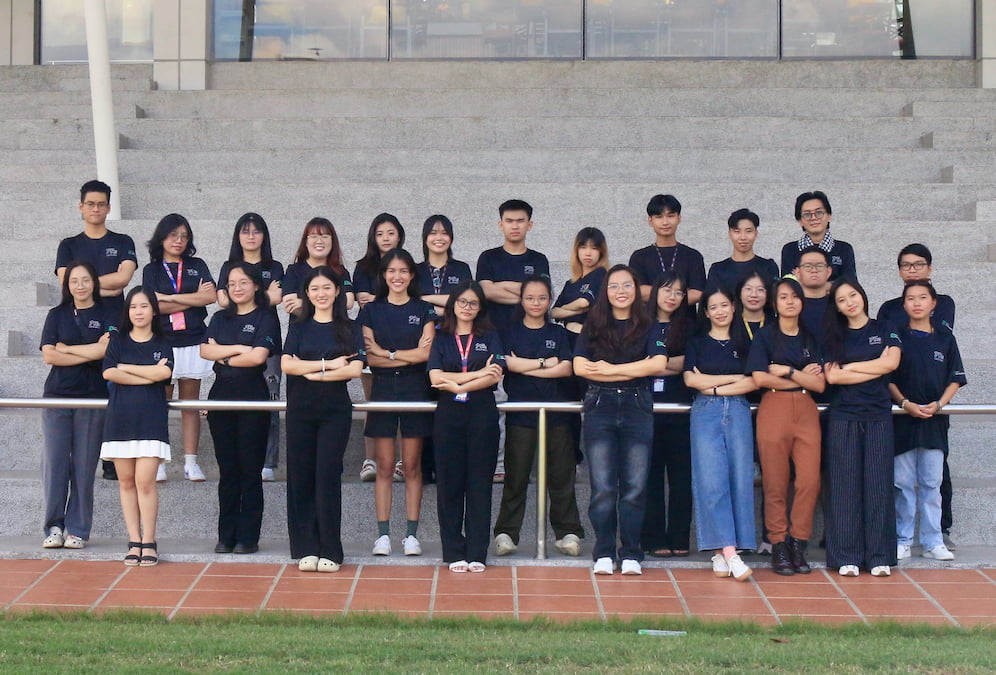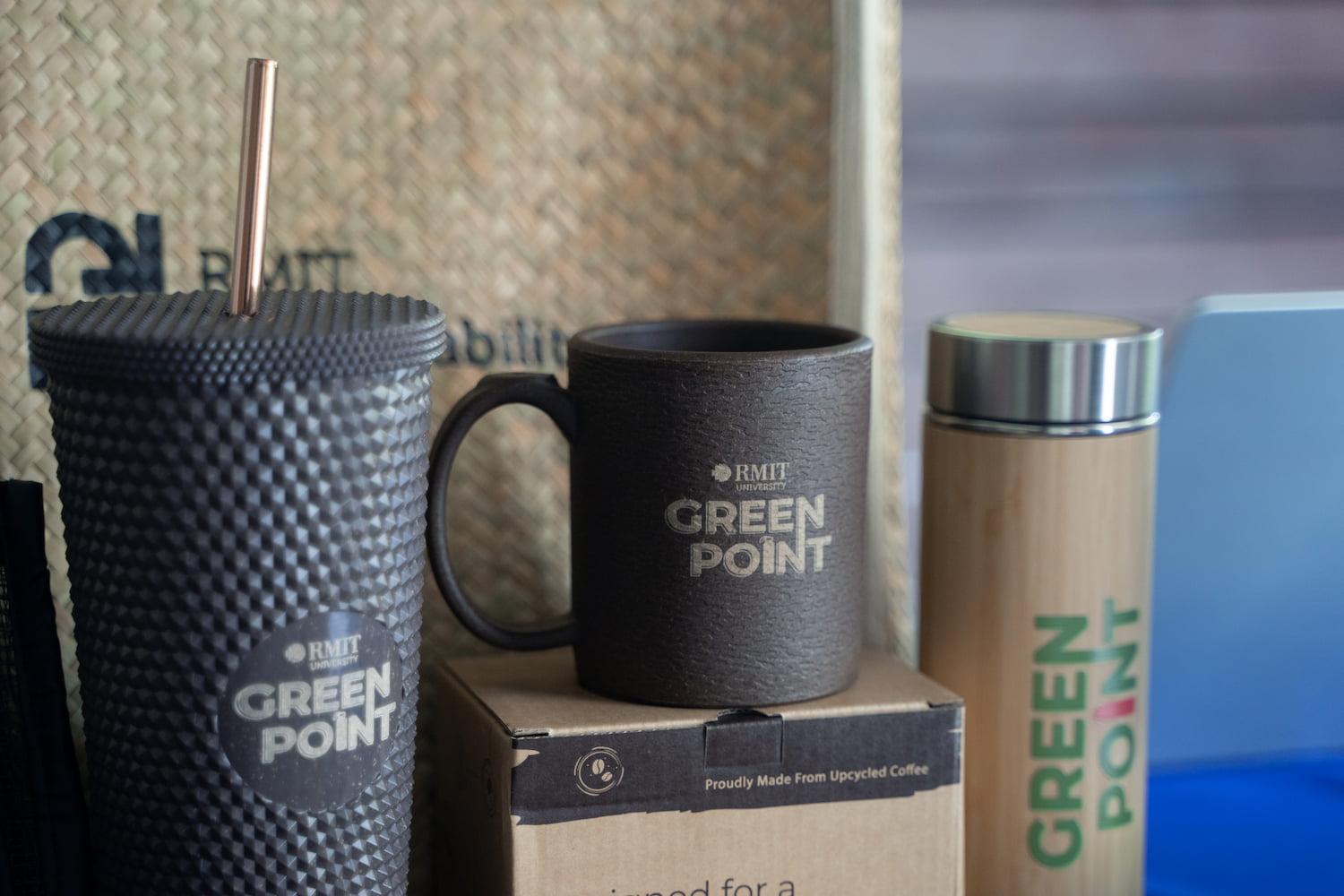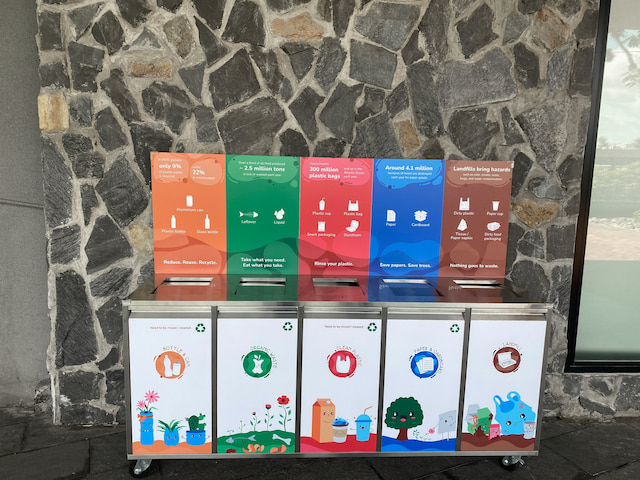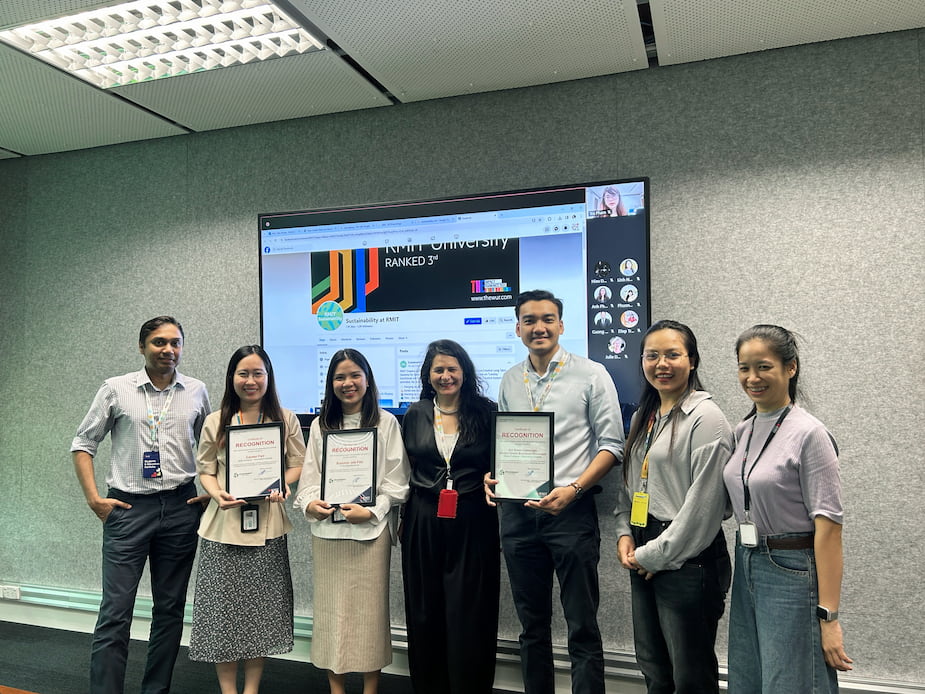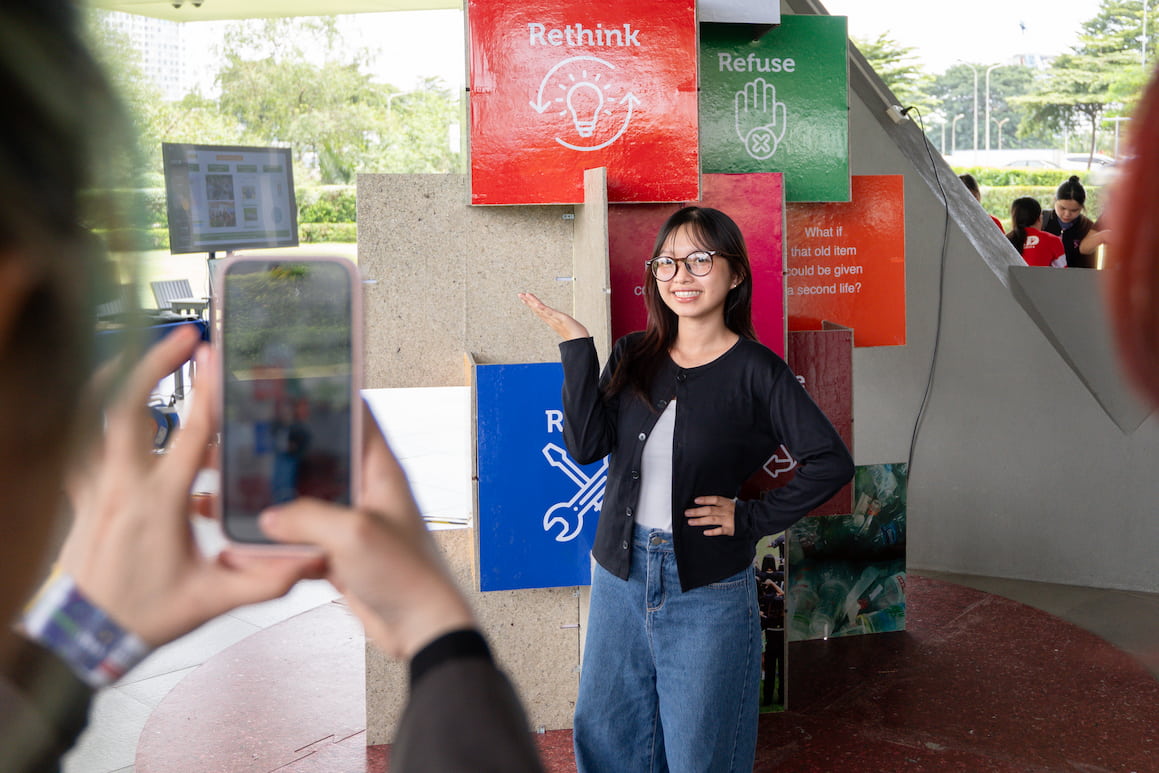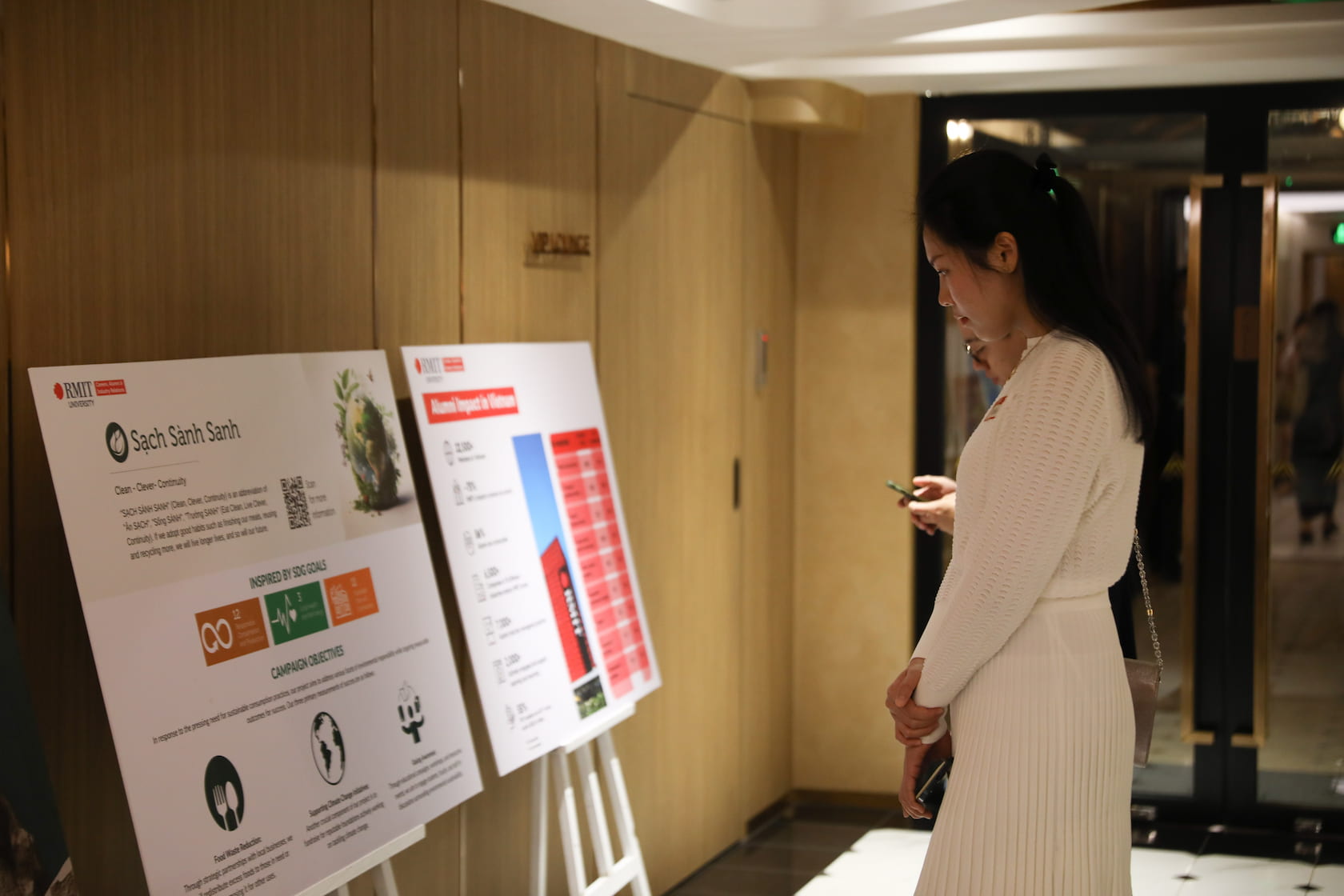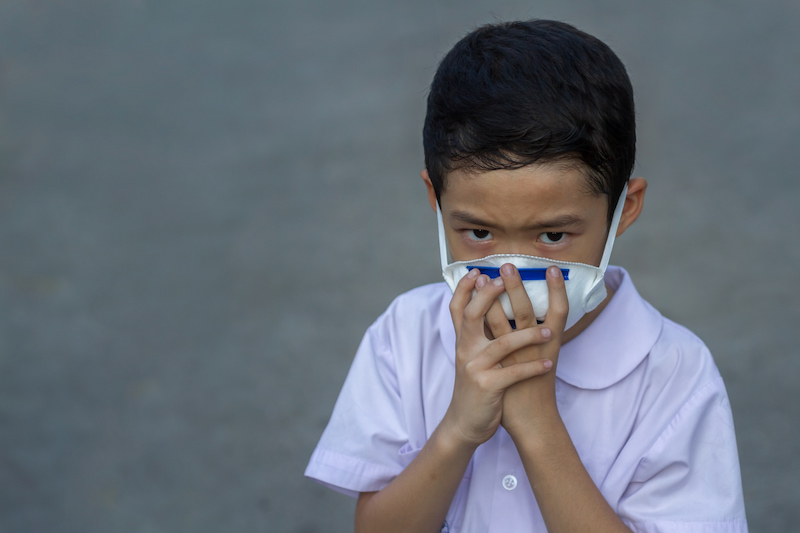Vietnam Child Wellbeing and Safeguarding Summit 2025: A resounding success
The Vietnam Child Wellbeing and Safeguarding Summit, held on 28 February 2025, concluded with great success, drawing over 600 participants from across the country.
The hidden cost of air pollution: Our mental health
While people often talk about the respiratory effects of air pollution, its impact on mental health is just as concerning.
Fermented clothing: How kombucha biofilm can be turned into green textiles
RMIT University Vietnam researchers are turning bacterial cellulose from kombucha biofilm into a strong, eco-friendly textile that could potentially revolutionise the way we make clothes.
Hanoi tops world pollution charts: How can psychology help us change?
As Hanoi claims the unwanted title of “world's most polluted city”, RMIT psychology experts explain how a combination of individual and collective behaviour changes can alleviate the situation.

